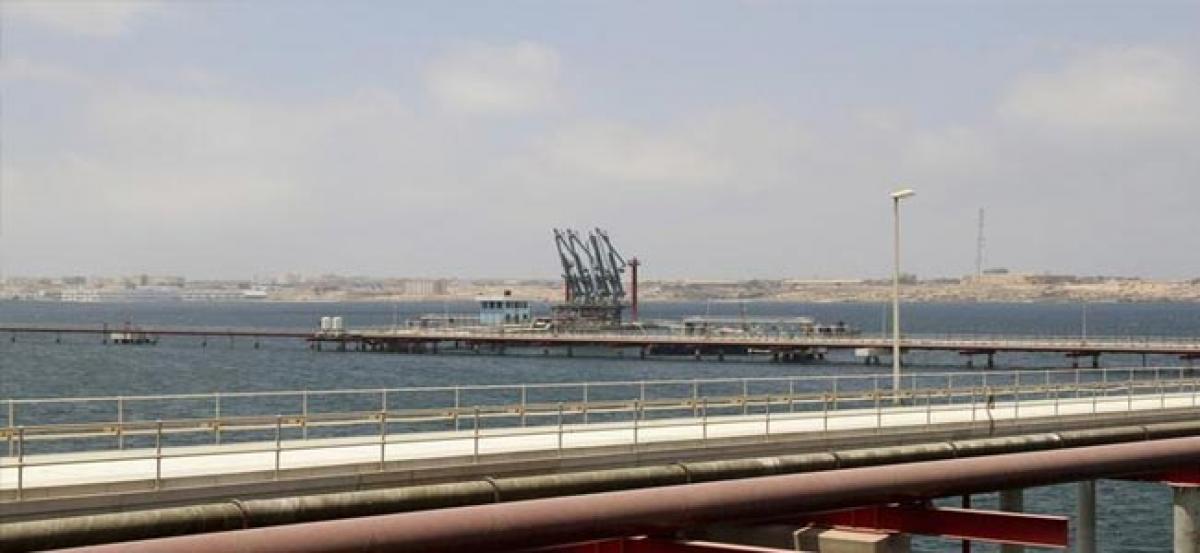Live
- ‘Pushpa’ fans gets disappointed ahead of release
- Addverb Set to Redefine Robotics with its Next-Gen Humanoid Launch in 2025
- Discover Advanced Sleep Technology with Magniflex India’s Massaggio Light Mattress
- Universal Children’s Day: A celebration of rights and welfare
- Raising awareness for lung health
- PKL goes international: Pro Kabaddi Melbourne Raid set to be played in Melbourne on December 28
- Telangana Government Takes Decision on Reservoir Silt Removal
- Record Cannabis Burn in Telangana: Police Destroy Goods Worth Rs. 37 Crore
- Telangana Govt. Decides to Dredge Reservoirs
- HYDRA Commissioner Visits Ameenpur Municipality









